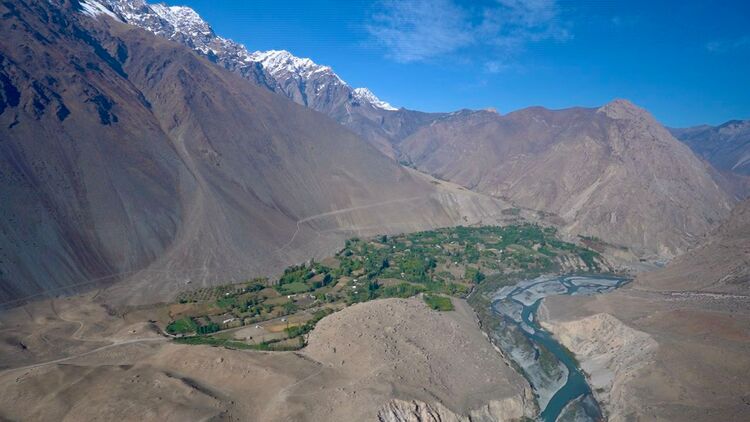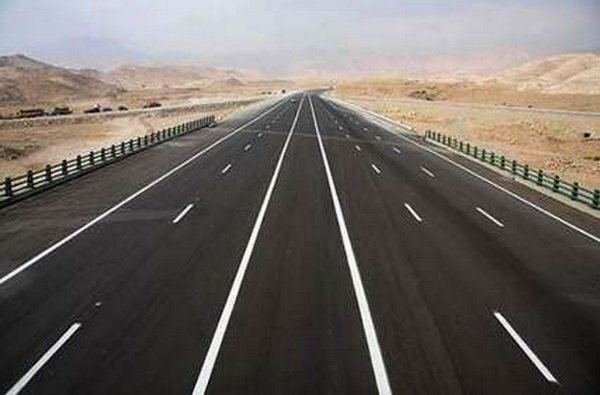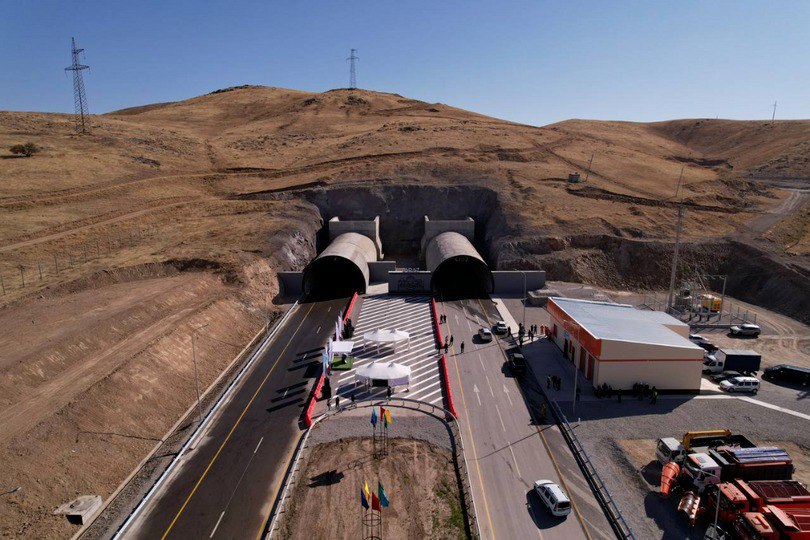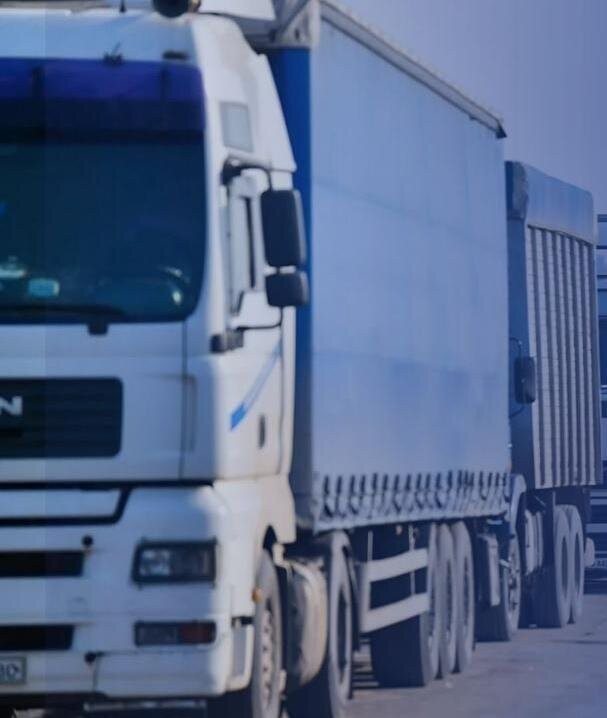Kazakhstan and Kyrgyzstan Plan Faster Routes from Almaty to Issyk-Kul
Kazakhstan and Kyrgyzstan have taken another step toward implementing a long-discussed infrastructure project: the construction of an alternative highway linking Almaty, Kazakhstan’s largest city, to Lake Issyk-Kul, Kyrgyzstan’s top tourist destination. On March 28, Almaty hosted the sixth meeting of the Kyrgyz-Kazakh Working Group on Transport and Infrastructure Development, held under the framework of the Almaty-Bishkek Economic Corridor Project, with support from the Asian Development Bank. Participants agreed on the key parameters for a feasibility study and committed to accelerating the implementation of the new road. [caption id="attachment_30342" align="aligncenter" width="740"] @AKIPress/The existing road from Almaty to Issyk-Kul and three possible alternative routes[/caption] Lake Issyk-Kul remains a major draw for tourists from across the region and is especially popular with residents of Almaty seeking weekend or summer getaways. Although the two locations are only 80 kilometers apart in a straight line, they are separated by mountain ranges. The existing route detours through Bishkek, extending the distance to more than 460 kilometers and turning what could be a short trip into an 8-hour drive to Cholpon-Ata, the largest resort town on the lake’s northern shore. Kazakhstan and Kyrgyzstan first signed a memorandum of understanding on the construction of an alternative route in 2007, but progress has since stalled. The proposed new highway would bypass Bishkek, passing through the town of Uzynagash, west of Almaty, and the town of Kemin, located approximately 100 kilometers east of Bishkek, before continuing to Cholpon-Ata. This revised route would reduce the total distance to around 260 kilometers, significantly shortening travel time.






